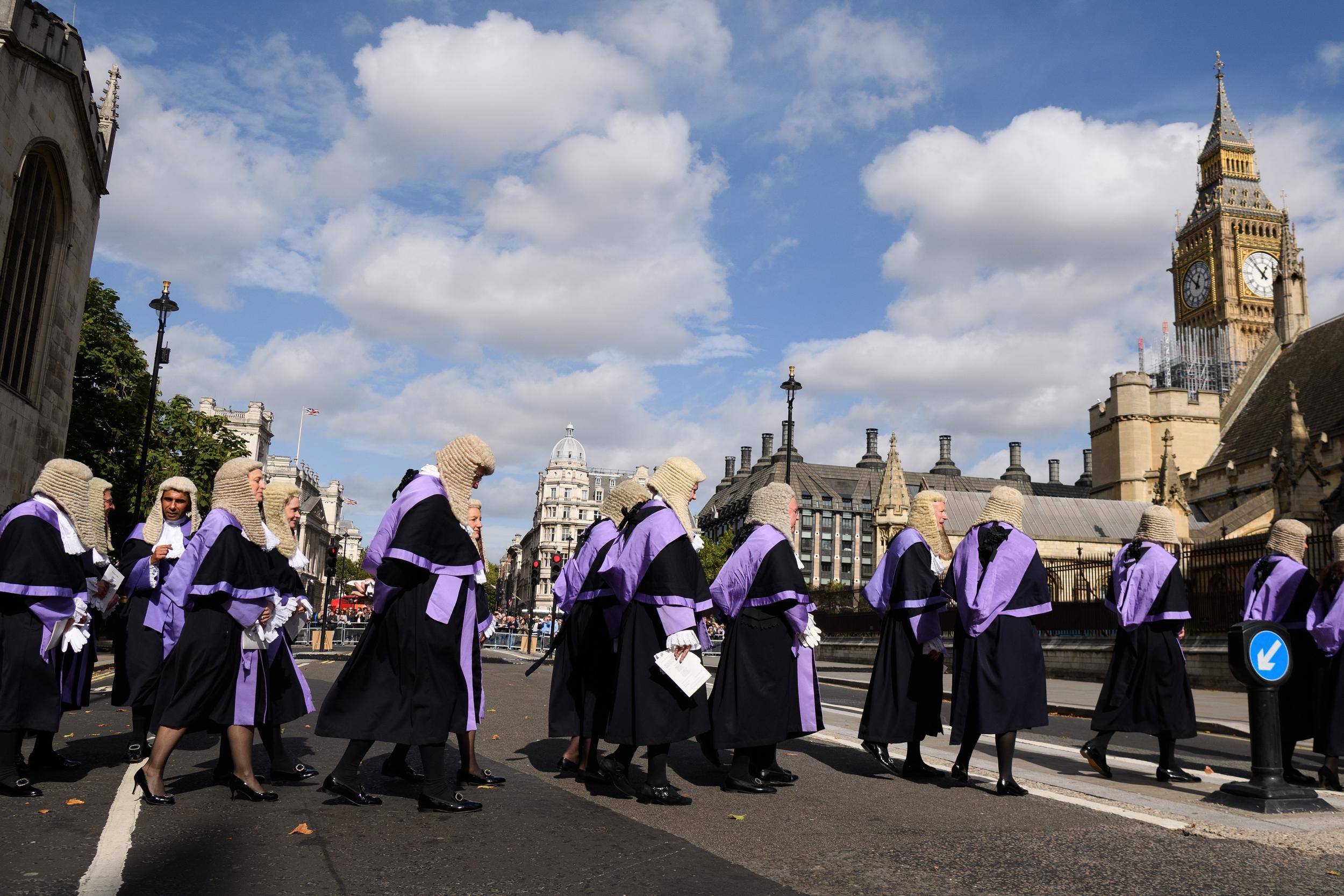UK government watchdog pushes for new British 'right to equality' to stop Brexit leading to more discrimination
Exclusive: The Equality and Human Rights Commission has warned Britain is losing its ‘safety net’

A government watchdog is pushing ministers to enshrine a new “constitutional right to equality” in British statute to ensure anti-discrimination laws are not weakened after Brexit.
The Equality and Human Rights Commission has warned that as things stand the UK will “lose the safety net” that European law currently provides when it drops out of the EU.
Without further action it would mean after Brexit, people could be in a weaker position in legal battles against employers or the state, where they believe they have fallen victim to race or sex discrimination.
The commission also wants the full EU Charter of Fundamental Rights retained in British law, to ensure British citizens’ rights are not watered down after we leave the European bloc.
It comes amid a row over the Government’s Brexit legislation, with ministers overwhelmed by the number of amendments wanted by MPs concerned about the sweeping new powers it gives ministers to change existing laws without full scrutiny in Parliament.
EHRC chair David Isaac told The Independent Brexit was an opportunity to set out a “positive vision” for the kind of country we wish to be when we leave the EU.
“The Government has said it will retain our domestic equality protections after Brexit, but as things stand, we will lose the safety net European law currently provides to ensure that our protections aren’t eroded,” he said.
“That’s why we want to see a new constitutional right to equality enshrined in the Withdrawal Bill.
“Such an approach would provide a homegrown safety net as ministers would be required to explain how new laws comply with the right to equality and Parliament would scrutinise this. In short, it would give us the added protection that we otherwise lose.”
The EHRC’s suggested Constitutional Right to Equality would be a “homegrown” safeguard for protections on equality and non-discrimination currently encoded in Article 21 of the EU’s charter.
It would mean ministers wishing to pass new laws, or carry out any state action, would have to tell Parliament how they are compatible with the new constitutional right. If they failed to do so their new laws could be exposed to judicial review. The right could also be called upon in tribunals and court cases by people who feel they have been discriminated against.
At the moment, the EU Charter of Fundamental Rights sets out the political, social and economic rights that European institutions – like the Council, Parliament and Court of Justice – must respect when making laws, deciding cases or acting in an official capacity.
Currently, member states like the UK need only respect these rights when they are implementing European Union law. While current withdrawal proposals will see the UK take European law on to the British statute book, the charter will not be retained.
The EHRC argues that transposing a complex body of EU law onto the UK books, while dis-applying the general principles that underpin them in the charter, creates significant doubt and unforeseen gaps as to how strong the protections in those laws will be in the future.
For example, female workers have the right to paid maternity leave under Article 33 of the charter, with European Laws relating to that issue referring back to it.
If the laws are brought into British statute, but without the force of the charter behind them, the protections could be weakened, the EHRC says, leading to the need for new equivalent rights enshrined in UK law.
A Department for Exiting the European Union spokesperson said: “The UK has a longstanding tradition of ensuring our rights and liberties are protected and we have made a clear commitment that all protections in equality legislation will continue to apply once the UK has left the EU. The Charter of Fundamental Rights did not create any new rights. Instead it was intended to catalogue the rights that already existed in EU law – under the Withdrawal Bill this law is being converted into UK law on the point we exit the EU.”
The Government’s key piece of Brexit legislation has been delayed by several weeks due to a major push from MPs to force changes to it.
The EU Withdrawal Bill will now not be debated this week after some 300 amendments were demanded by MPs, with many of them thought to enjoy enough support among Conservative MPs.
At the heart of most concerns are the “Herny VIII powers” the bill permits, so-called because they allowed the despotic monarch to rule by decree.
Subscribe to Independent Premium to bookmark this article
Want to bookmark your favourite articles and stories to read or reference later? Start your Independent Premium subscription today.

Join our commenting forum
Join thought-provoking conversations, follow other Independent readers and see their replies